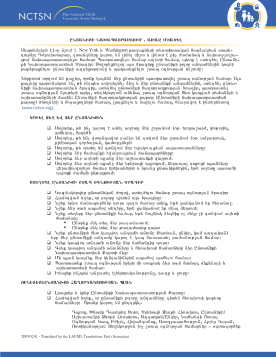
Family Preparedness: Thinking Ahead (Armenian)
Accompanies the Family Preparedness Wallet Card. This guide helps families develop a safety plan so that they may be prepared in the event of a disaster.
The following resources on child trauma were developed by the NCTSN. To find a specific topic or resource, enter keywords in the search box, or filter by resource type, trauma type, language, or audience.

Accompanies the Family Preparedness Wallet Card. This guide helps families develop a safety plan so that they may be prepared in the event of a disaster.
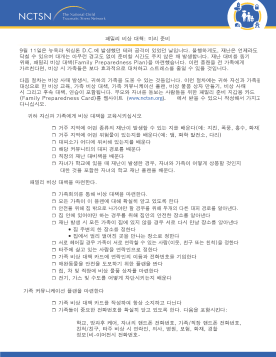
Accompanies the Family Preparedness Wallet Card. This guide helps families develop a safety plan so that they may be prepared in the event of a disaster. This is the Korean version of Family Preparedness: Thinking Ahead.
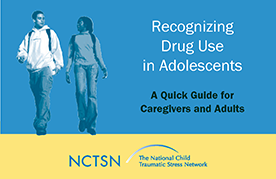
Summarizes the signs of intoxication, substance use, and abuse commonly reported by substance users. This guide for parents and caregivers describes different substances teens use, how a teen may look when on that substance, how they may act, and how the substance may make them feel.
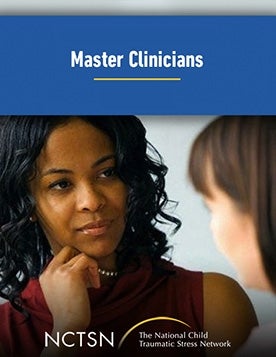
Addresses the treatment needs of adolescents who have experienced trauma and still find themselves in challenging situations.

Gives parents advice for coping when their child is injured. This pocket card is intended to be shared with parents by emergency medical technicians and paramedics.
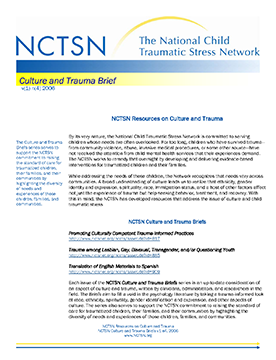
Outlines the NCTSN resources that are available on culture and trauma before 2006.
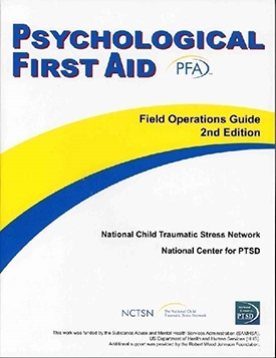
Gives guidance on responding to disaster or terrorism events using the Psychological First Aid intervention. This evidence-informed approach helps to assist children, adolescents, adults, and families in the aftermath of disaster and terrorism.
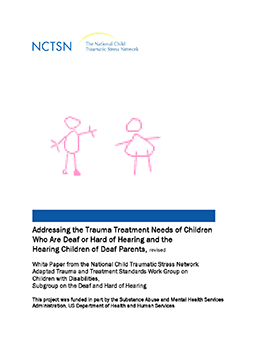
Provides information on how to enhance opportunities for deaf and hard of hearing children who experience traumatic stress to receive treatment.
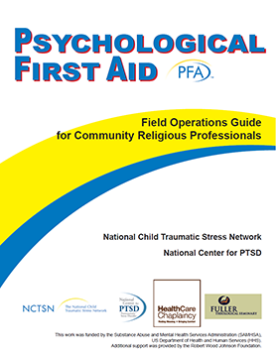
Provides guidance on responding to disaster, violence, or terrorism events using the Psychological First Aid intervention.
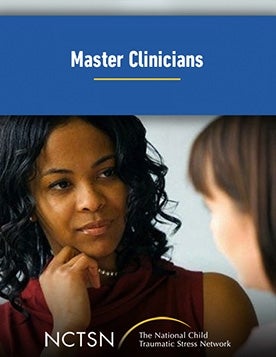
Defines trauma in the early years and discusses the sources of traumatic events. This webinar describes the impact of trauma on a child's early development and discusses the role caregivers play in a child's response to trauma, as well as treatment goals when treating both child and parent.
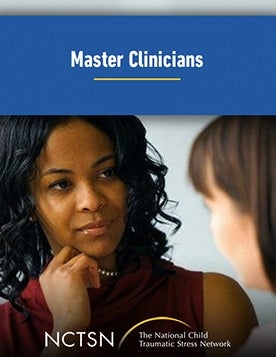
Synthesizes research and clinical knowledge about typical brain development and the high impact that the stress response has on the developing brain. This webinar highlights the clinical application for clinicians and other professionals who work with traumatized children.
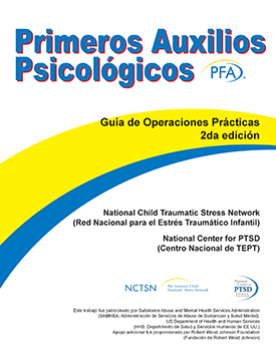
Gives guidance on responding to disaster, violence, or terrorism events using the Psychological First Aid intervention.